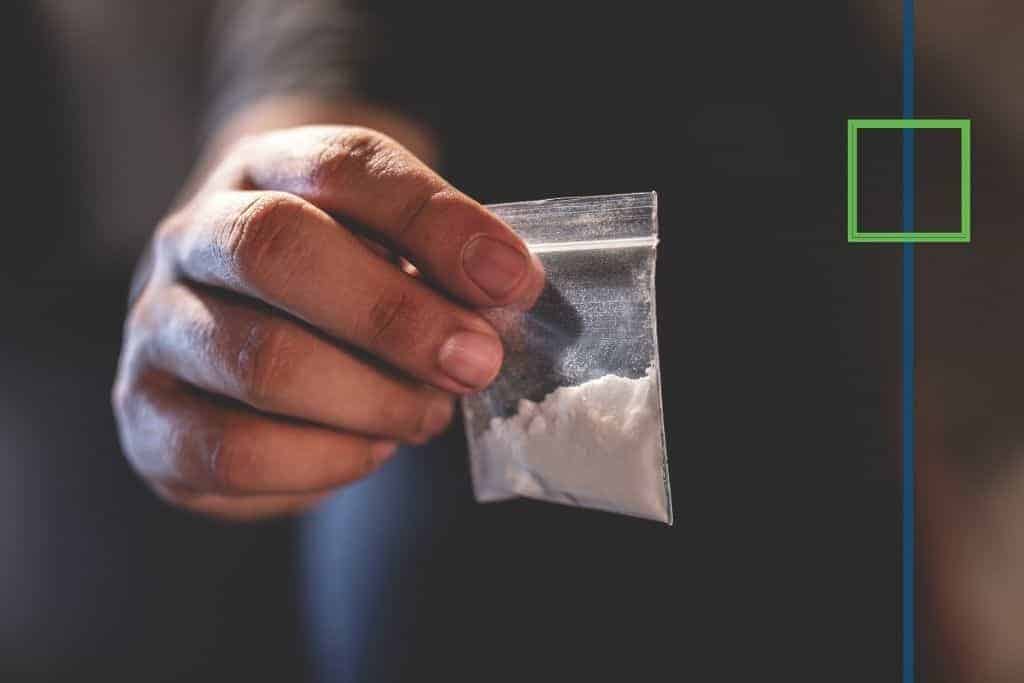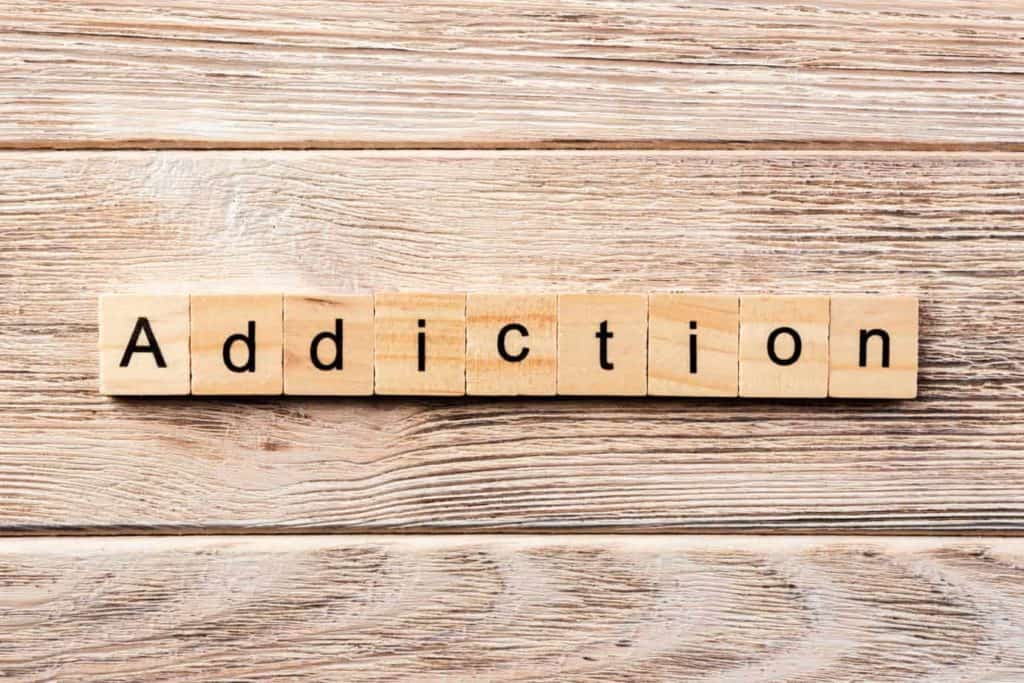What Is a Methylone High and What is Methylone?
What is Methylone? Methylone is a designer drug that acts on the brain much like MDMA or ecstasy. The substance releases a flood of dopamine and serotonin to increase alertness, excitability, and physical energy. However, according to the National Institute on Drug Abuse (NIDA), methylone may not have the same toxicity as the other amphetamine-based stimulants, meaning the drug may not have the same potential for addiction as MDMA.
This was based on a study involving rats that monitored the levels of neurotransmitters released by the brain over time. The study found that repeated, high doses of both methylone and mephedrone, another synthetic cathinone, did not deplete serotonin in the brain in the same way that MDMA did. However, the initial studies on similarities between methylone, MDMA, and mephedrone are small and do not involve humans, so understanding how addictive and toxic new chemicals like methylone are can take time.
It is still unknown if methylone and related chemicals are addictive or predominantly toxic. The rats in the study mostly did not escalate their abuse of methylone. This makes the drug unique from other chemicals that could lead to bingeing behavior like meth or cocaine.
Because of the intensely energetic high it brings, methylone is one of the many chemicals that may be found in bath salts or sold on its own. It is made in a clandestine lab in large batches, so methylone is often much less expensive than cocaine, MDMA, or even methamphetamine.


Get Your Life Back
Find Hope & Recovery. Get Safe Comfortable Detox, Addiction Rehab & Dual Diagnosis High-Quality Care.
Hotline(844) 597-1011Methylone Uses
What is Methylone? There are many new psychoactive substances (NPS) flooding the United States, especially synthetic marijuana (usually referred to as Spice or K2) and synthetic cathinones (often known as bath salts). These new synthetic drugs are extremely dangerous because they are chemically similar to the substances they mimic but different enough to be technically legal in many places, including in several states. They are completely untested and unregulated, so side effects can be unpredictable and extremely harmful. Dosing the drug can be nearly impossible.
Synthetic cathinones like bath salts are some of the most harmful drugs created and abused in recent years. One version of a synthetic cathinone, called methylone, was found to be so harmful that the Drug Enforcement Administration (DEA) put the substance in Schedule I just a few years after it appeared in the US. Methylone is one of the most addictive versions of a synthetic cathinone spreading across the world, so it is important to know what happens to a person when the drug is abused and how abuse of methylone is being treated.
Is Methylone Dangerous?
Although methylone is not a well-understood substance of abuse, the drug has killed people because of its intense side effects when it has been accidentally taken instead of ecstasy at raves, concerts, or parties. When it is intentionally abused, methylone is abused as bath salts or Molly, a drug chemically similar to MDMA.
Get Help. Get Better. Get Your Life Back.
Searching for Accredited Drug and Alcohol Rehab Centers Near You?
Even if you have failed previously and relapsed, or are in the middle of a difficult crisis, we stand ready to support you. Our trusted behavioral health specialists will not give up on you. When you feel ready or just want someone to speak to about therapy alternatives to change your life call us. Even if we cannot assist you, we will lead you to wherever you can get support. There is no obligation. Call our hotline today.
(844) 597-1011Is Methylone Legal in The US?
A DEA lab first identified methylone as a harmful, intoxicating substance in 2009 in four drug reports. By 2012, there were 4,066 reports involving methylone intoxication. Methylone is now an illegal chemical in the US, but adolescents continue to abuse this drug. A 2017 NIDA survey found that 0.5 percent of 8th grade students, 0.4 percent of 10th grade students, and 0.6 percent of 12th grade students in the US abused bath salts at some point in the past year, some of which may have contained methylone.
How Addictive is Methylone?
The United Nations Office on Drugs and Crime (UNODC) reports that methylone has been found in Europe since 2005, a few years before the substance appeared in US illicit drug markets. The UNODC reported methylone as an analog for ecstasy or MDMA since it was a component in Molly.

The DEA reports that methylone was first found on the illicit drug market in the US in 2009, and it was placed on Schedule I in 2013. Before this chemical was banned, however, it was considered legal to import since it was not specifically controlled by the federal or many state governments until the DEA ban.
Because it was sold legally, young people had access to this potent stimulant, which led to many toxic side effects and overdoses. Although methylone is no longer legal in the US, other synthetic cathinones are legal at the federal level. After the devastating effects of bath salts on a few dozen people around the country, many states have moved to ban anything that could be considered a synthetic cathinone.
Although some older adults abuse synthetic cathinones like methylone, the market is predominantly adolescents who gain access to these drugs through convenience stores or the internet. Young adults may abuse them in social settings like at raves, concerts, or clubs.
Signs of Abuse
When a person takes a substance, like bath salts or Molly, which contains methylone, the initial effect will be like an amphetamine high. Symptoms include:
- Unrealistic feelings of superiority, cleverness, or power, including delusions of grandeur
- Increased talkativeness
- High sociability
- Low inhibitions
- Poor judgment
- Excitability
- Extreme pleasure and sense of wellbeing
- High energy
- Rapid heartbeat and breathing rate
- Altered sexual behaviors
- Increased alertness
- Dilated pupils
- High blood pressure
- Increasing anxiety and paranoia to the point of delusion
- Decreased appetite
- Increasing hostility
First-class Facilities & Amenities
World-class High-Quality Addiction & Mental Health Rehabilitation Treatment
Rehab Centers TourRenowned Addiction Centers. Serene Private Facilities. Inpatient rehab programs vary.
Addiction Helpline(844) 597-1011Proven recovery success experience, backed by a Team w/ History of:
15+
Years of Unified Experience
100s
5-Star Reviews Across Our Centers
10K
Recovery Success Stories Across Our Network
- Low Patient to Therapist Ratio
- Onsite Medical Detox Center
- Comprehensive Dual-Diagnosis Treatment
- Complimentary Family & Alumni Programs
- Coaching, Recovery & Personal Development Events
Methylone Long Term Effects
Abusing synthetic cathinones like methylone can change how neurotransmitters are managed to the point that mental illness can be triggered, which may be long-lasting or even become permanent. Mental health problems that co-occur with abuse of methylone and other cathinones include:
- Acute psychosis requiring hospitalization
- Hypomania, or low-grade manic episodes that persist
- Paranoid ideation and delusions
- Psychosis, which may become chronic or permanent
- Depression and anxiety
- Suicidal ideation
Methylone Addiction
The DEA also suggests that any reports of methylone abuse, such as hospital visits, may be underestimated as many individuals who use this drug often think they are using ecstasy or some other drug. These individuals are often in the younger age groups, between the ages of 12 and 24 years old. It appears that the majority of methylone use occurs in individuals who abuse MDMA and bath salts. Formulations of methylone are often purchased in local party stores, gas stations, head shops, etc., and on the Internet.
Currently, the research is inconsistent regarding the development of a specific withdrawal syndrome associated with abuse of methylone, but it is generally considered that tolerance does develop. As mentioned above, anecdotal evidence suggests that individuals who have used the drug experienced an extreme crash similar to the symptoms associated with discontinuing other powerful stimulants like cocaine and methamphetamine.
This may suggest that withdrawal symptoms, such as depression, apathy, lethargy, appetite loss, etc., occur in individuals who have used the drug for significant periods and then discontinue its use.
World-class, Accredited, 5-Star Reviewed, Effective Addiction & Mental Health Programs. Complete Behavioral Health Inpatient Rehab, Detox plus Co-occuring Disorders Therapy.
CALL(844) 597-1011End the Addiction Pain. End the Emotional Rollercoaster. Get Your Life Back. Start Drug, Alcohol & Dual Diagnosis Mental Health Treatment Now. Get Free No-obligation Guidance by Substance Abuse Specialists Who Understand Addiction & Mental Health Recovery & Know How to Help.
Methylone Addiction Treatment
Since methylone is a relatively new intoxicating substance, there are currently no known substances that could act as medication-assisted therapy (MAT), so the medical detox process will involve the management of withdrawal symptoms through other means. The most intense withdrawal symptom will be cravings because methylone changes how dopamine is released in the brain, and it can take time for this important neurotransmitter to be produced organically by the brain again.
An addiction specialist will assess someone entering addiction treatment for methylone to determine how long they have abused this drug if they have any co-occurring disorders or chronic health issues that may be affected by treatment, and how serious withdrawal symptoms may be. This will inform whether the person can safely detox at home with a few physician checkups or if they must be hospitalized.

Once detox has been safely completed, it is important to continue into a rehabilitation program that provides behavioral therapy for addiction. We Level Up provides the full spectrum of treatment for addiction, from medical detox to inpatient programs. We also specialize in the treatment of co-occurring disorders. You’ll find what you need to recover here if you’re committed to overcoming your addiction.
Therapies For Methylone Abuse
NIDA recommends several potential approaches to behavioral therapy:
- Cognitive Behavioral Therapy focuses on changing behaviors by understanding stress triggers and compulsive behaviors
- Contingency Management, which rewards positive behavioral changes
- Motivational Enhancement Therapy helps to reduce ambivalence about being in addiction treatment
- Behavioral therapy groups specifically designed for adolescents or young adults
During rehabilitation, it is important to monitor the person for signs of relapse, as cravings from methylone abuse may resurface and trigger compulsive behaviors.
Co-Occurring Disorders Alongside Methylone Abuse
Mental illness can be the cause of methylone abuse, or it may be triggered by these drugs. For a potent stimulant like methylone, long-lasting psychosis, paranoia, aggression, and depression from dopamine depletion are more likely to be triggered by substance abuse than lead to abuse of the drug.
It is important to treat acute symptoms like suicidal ideation and psychosis in a hospital setting with appropriate psychiatric medications. During rehabilitation, a psychiatrist should be involved to help with the ongoing management of any mental health conditions that have ongoing symptoms.
Experience Transformative Recovery at We Level Up Treatment Centers.
See our authentic success stories. Get inspired. Get the help you deserve.
Start a New Life
Begin with a free call to an addiction & behavioral health treatment advisor. Learn more about our dual-diagnosis programs. The We Level Up Treatment Center Network delivers recovery programs that vary by each treatment facility. Call to learn more.
- Personalized Care
- Caring Accountable Staff
- World-class Amenities
- Licensed & Accredited
- Renowned w/ 100s 5-Star Reviews
We’ll Call You


